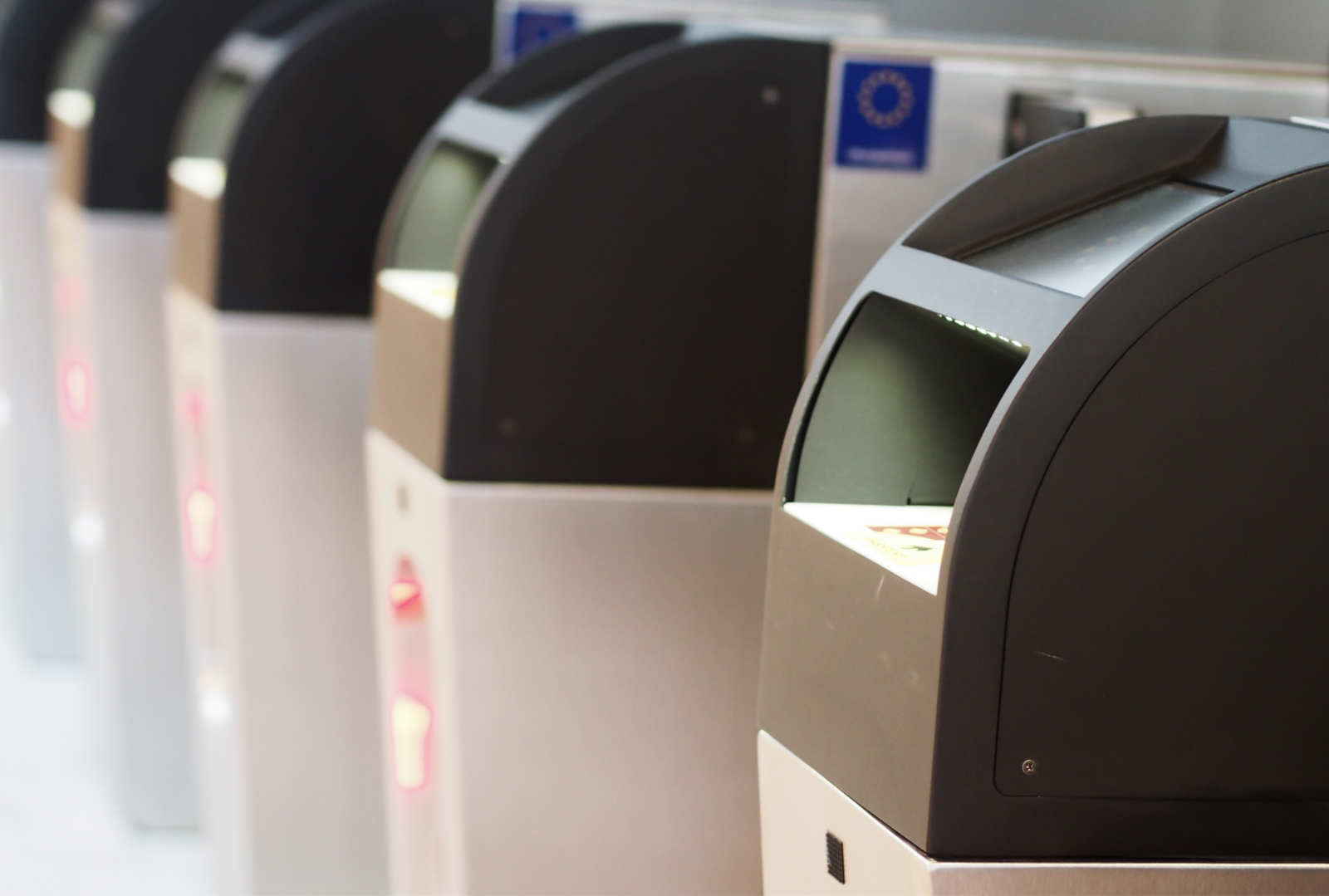| All | Blog | Videos | Webinars |

People trafficking is a growing problem across the globe. The movement of people across international borders is key to the continuation of many organised crime groups.
International borders are key in the detection of people trafficking, as their very nature puts them right at the forefront of the issue.
What is people trafficking?
People trafficking is the act of trapping an individual, through violence or coercion, with the aim of exploiting them for financial gain or personal gain.
Victims of trafficking often originate from poor or desperate backgrounds. Traffickers often make false promises to their victims about being able to secure a better life elsewhere, only to trap them in an unimaginable debt and forced labor.
While human trafficking is not defined by the movement of victims across international borders, many victims are trafficked out of their country of origin to be forced to work in a foreign country.
Why was the report done?
The report centred around the examination and inspection of electronic passport gates, also known as ePassport Gates, or eGates, and how they currently function in the fight against people trafficking. Amongst other aims, the report set out to highlight ways in which ePassport Gates, along with Border Force Officers, can be better equipped to tackle people trafficking.
What are its recommendations?
The report assessed multiple aspects of ePassport Gates and collected evidence from several experts and people that work in UK border control. After consideration of his findings, David Neal (the ICIBI) made the following recommendations in regard to the issue of human trafficking, each recommendation also includes its corresponding response:
- Deliver the Protecting the Vulnerable training to all public-facing Border Force staff during 2021 (partially accepted).
Ensure that staff performing the monitoring officer role do so for a maximum of one hour at a time, in line with guidance (fully accepted). - Ensure that hosts are always present when the gates are in operation and that they prioritise the identification of minors to ensure that only those children aged 12-17, who are accompanied by a responsible adult, use the gates (partially accepted).
- Implement a system to record details when passengers are stopped due to safeguarding concerns, including the circumstances in which vulnerable passengers are identified, the role of the officer who identified the passenger and whether the passenger was eligible to use, or was trying to use, the gates (fully accepted).
- Develop plans to measure the impact of the UK’s withdrawal from the EU on illegal working by, and modern enslavement of, EU nationals, including the use of the gates by EU nationals and a means of identifying those gate users at increased risk of exploitation (fully accepted).
What will change?
Each of the recommendations that the ICIBI made in specific reference to people trafficking were, at least in part, accepted by the Home Office. This means that the UK Government has committed to actioning the recommendations by implementing the appropriate changes.
In their response to the report, the Home Office made the following comments, each of which correspond directly to the order of the recommendations listed above:
- Border Force has a training plan in place, once Coronavirus restrictions are lifted, to provide specialist training to operational managers and safeguarding specialists during the remainder of FY 2021/22.
- The Home Office has reissued the instructions relating to the Monitoring Officer role to operational managers. Compliance will be monitored through assurance activity.
- The provision of hosts is the responsibility of port operators, and we are consulting further with industry in ports where their host provision was withdrawn due to Covid-19.
- A new IT system is already in development to capture a range of Border Force front-line information. As part of this wider work, safeguarding recording requirements and technical solutions are currently being scoped. Implementation is expected over the course of 2022.
- The Home Office is committed to ongoing engagement with the modern slavery sector to understand risks created by the UK’s withdrawal from the EU. Border Force will continue to work closely with Immigration Enforcement to ensure any relevant IE findings inform future ePassport Gate policy plans where appropriate.
The implementation of the changes listed above will make the UK’s borders better protected from the incidence of trafficking victims being moved across the border. The implementation of new IT systems, for example, will assist UK Border Force Officers greatly in monitoring how trafficking gangs operate.
What does the report mean?
Both the report itself and the Home Office’s response to it have highlighted key issues in how the UK’s borders can be strengthened in the fight against people trafficking. The changes that the government has committed to will ensure that the UK will have safer, more secure borders and that they will have safeguarding at their heart. The new changes essentially limit the scope for people to abuse the immigration system in the UK, making border security tighter.
Stopping human trafficking is a task the UK Government is commited to completing, and the new changes will be welcomed by many.





